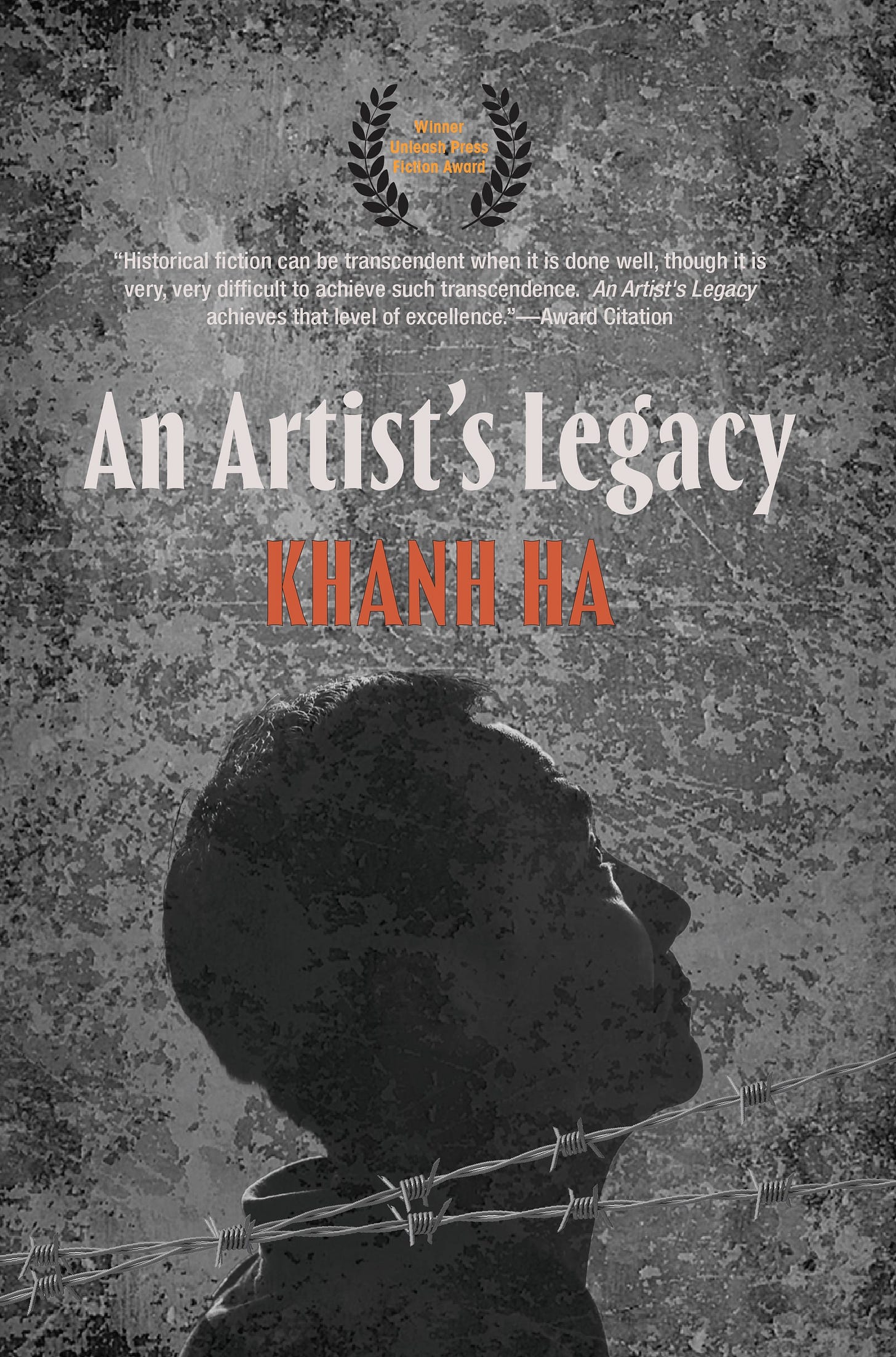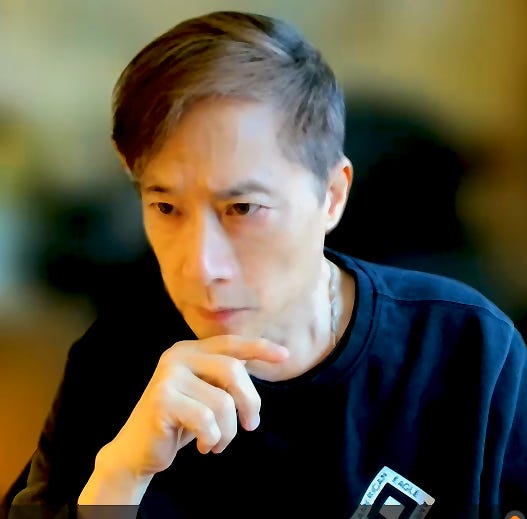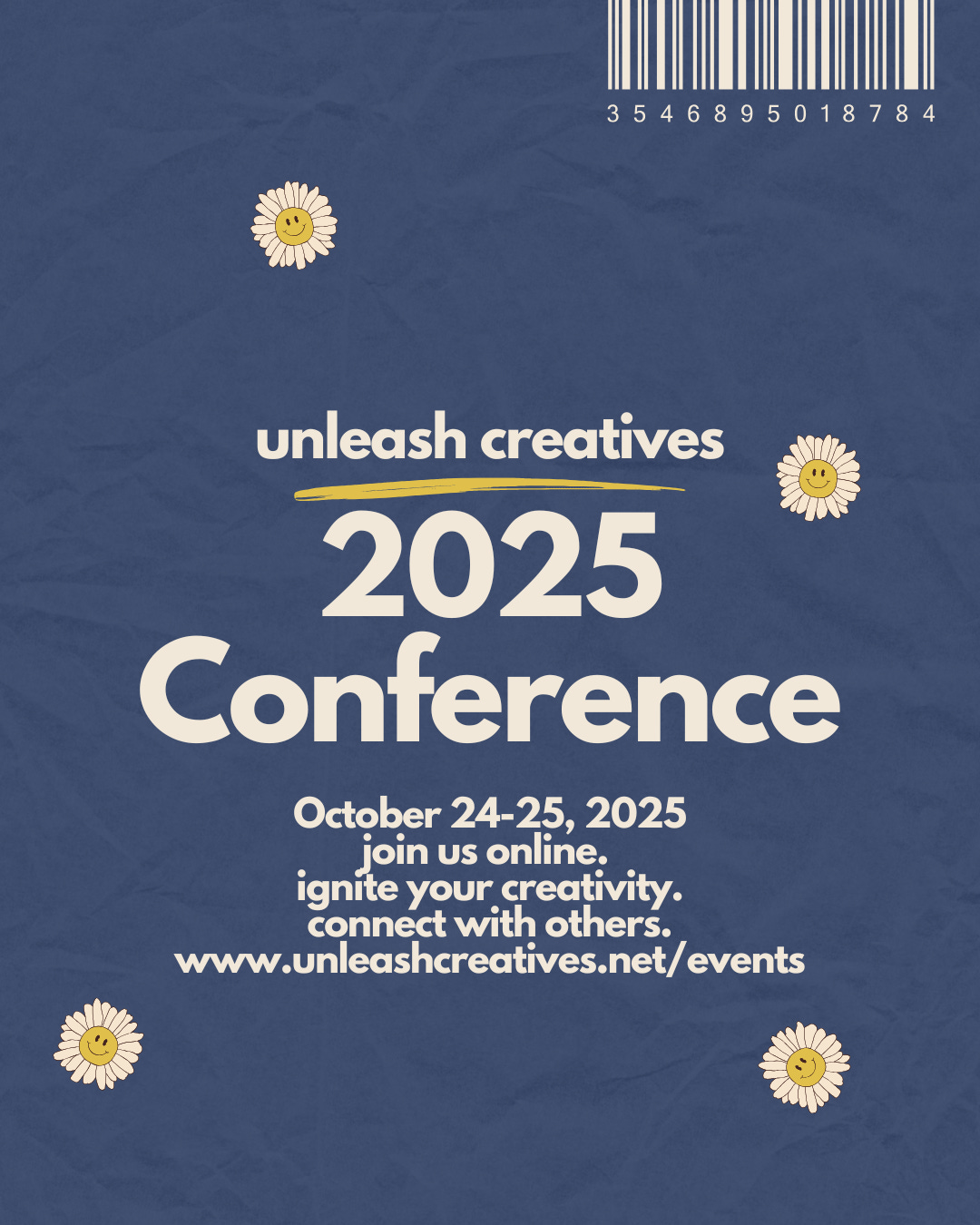Artistic Influence and Starting the Novel
An Interview with Award-winning Writer, Khanh Ha
Readers, we hope you enjoy this short interview with Unleash Press Book Prize winner Khanh Ha, who shares his techniques for writing award-winning fiction.
Jen Knox (JK): Hi, Khanh! We’re thrilled to learn more about An Artist’s Legacy, but first, let’s hear more about you. Tell us a little about you and what brought you to writing.
Khanh Ha (KH): Good morning, Jen! And my warm thank-you for this author interview.
I was born in Hue, Vietnam and came from a mandarin’s lineage. I left Vietnam before the Vietnam war ended to attend college at Ohio University. I studied Journalism; but what brought me to writing was the urge to write ever since I was a child. There was no plan and there was no “why.” It’s a passion and it’s innate.
JK: You are incredibly prolific, Khanh. Meanwhile, you don’t sacrifice quality for this pace of output. Your writing wins prestigious awards (including the 2024 Unleash Prize), and you’ve consistently gathered incredible reviews. How do you consistently write without sacrificing quality?
KH: I’m happiest when I write. In the pre-dawn quiet, I’m completely in my own world and I’m grateful to my family for giving me a blessed environment to write in every day. My family love nourishes me. And love is the oil that erases friction. I believe that was said by Friedrich Nietzsche.
As writer, we know that a novel starts with scenes and characters. I only begin writing my novel after I have developed an affinity with my characters. I take time to write each scene to its fullest, because I know it will breed the next scene. You do not hurry when you write a novel. William Faulkner said, “A writer must write from his heart out of love and honor and pity and pride and compassion and sacrifice.” Those who write about them with all their soul and compassion have influenced me as another writer. And I surely hope I can uphold such truth.
“I only begin writing my novel after I have developed an affinity with my characters. I take time to write each scene to its fullest, because I know it will breed the next scene.”
JK: Where do you write, and what inspires you?
KH: I always pick a room with a view; but while I’m writing the window shade is halfway down, only a view of sky visible. If you are an aspiring writer, write as the only writer that exists, none before you, none after you. No writer or author can inspire you to write. The writing desire must exist in you even before you are aware of it. It might demand to be heard before your maturity has arrived. But I believe that writers have influence on one another. Influence, not inspiration. The only type of non-written art would inspire me are music and movies. They must be inspiring or I’d rather listen to silence and watch emptiness.
JK: Your writing is often described as lyrical and evocative. How do you approach crafting such immersive prose, and how many times do you revise?
KH: I must have the first sentence right. Words, cadence in that first sentence must be perfect. I torture myself to death before I start a novel, or a new chapter, on how to get that sentence written the most truthfully, i.e, no falsity in the voice, or in the cadence.
On revision: I would reread what I wrote the day before until I heard a voice in my head, Enough! Then I move on to writing the next scene, or the next chapter. But I must fine-tune what I wrote yesterday, and that includes repairing the characters. I do it when my mind is still fresh with the scenes and the characters of that chapter, or that scene. However, you must be unbiased (which is hard toward what you’ve just written), detached (which is harder from what you’ve just built), so you can see your own creative flaws. Once the novel is finished, I distance myself from it and redirect my thoughts to something else. By the time I revisit the manuscript, I can read it without remembering what I have written. It allows me to cut scenes without hesitation; it helps me detect false notes. After such a drastic revision, I would shelf the manuscript until I feel ready to read it again. And it would take two serious revisions before I start finding a home for it.
JK: Were there any books, artists, or literary influences that inspired you while writing An Artist’s Legacy?
KH: No, there was none.
What drove me to write this novel was my wish to bring out the unheard voice of those who fought at Dien Bien Phu against the French Union. And what speaks for them was the words from Jules Roy, which I chose as epigraph for my book. “They agreed to die and to serve as manure for future harvests which would no longer belong to a few mandarins but to the people. . . . They all belong to the same body of humiliated human beings ready to give their lives for honor to the same suffering church marching toward victory. And if that victory was only a fresh servitude whose evils they could not foresee, they had at least chosen it themselves.”
JK: What is your all-time favorite book or story?
KH: For a book, it has to be The Man Who Fell to Earth by Walter Tevis; and for a short story it’s The Convict by James Lee Burke. The novel depicts man as the perpetual purveyor of evil; and the short story reveals man’s frailty and collective helplessness when it comes to race versus man’s conscience.
JK: What challenges did you face while writing An Artist’s Legacy and other titles?
KH: Finding the voice—the author’s true voice. Writers have influences on one another. Faulkner, Hemingway, Cormac McCarthy have influences on me. But when you have found your own voice, then nothing can take it away from you. When you have your own voice, you are IT, a mature writer.
JK: What have I not asked that you’d like to add?
KH: My motto in writing is “Less Is More.”
Writing is much like acting. When an actor overacts, he loses his viewers; likewise when a writer overwrites, he loses his readers. The art of writing is in part self-control. You control the pace, the emotion. To put it differently, you must exert self-restraint in the pathos so your readers have room to participate, to see, to feel what you intend for them. As a writer, you should pin a piece of paper in front of you when you write, and on that piece are three letters: LIM. Less Is More. Additionally, it’s always best to Resist the Urge to Explain. Another three letters: RUE. And Ernest Hemingway did it best.
Thanks, Khanh. Please share a little about where readers can find you.
I have a website and a blog.
https://authorkhanhha.jigsy.com/
https://authorkhanhha.blogspot.com/
And thank you, Jen, for being a wonderful interviewer. It’s been my pleasure to have this opportunity to exchange writing ideas with you and share with readers.
About the Author
Award-winning author Khanh Ha is a ten-time Pushcart nominee. He is the recipient of the Sand Hills Prize for Best Fiction, The Robert Watson Literary Prize, The Orison Anthology Award, The James Knudsen Prize, The C&R Press Fiction Prize, The EastOver Fiction Prize, The Blackwater Press Fiction Prize, The Gival Press Novel Award, The Red Hen Press Fiction Award, The Unleash Press Book Prize, and The Next Generation INDIE Book Award.





